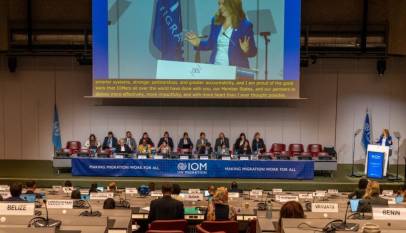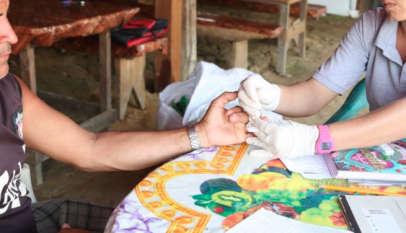Kano urged to ensure transparency in utilization of UBE grants

Kano education stakeholders have called for transparency and accountability in the management of the Universal Basic Education (UBE) matching grant by informing citizens of how the funds are being spent as well as involving them in the processes.
The stakeholders spoke at a one-day consultative forum on transparency and accountability in the utilization of the Universal Basic Education (UBE) matching grant, dedicated to the development of basic education across the various states of Nigeria, on Tuesday in the city of Kano.
The consultative forum was organized by the Human Development Initiatives (HDI) in collaboration with the Grassroots Health Organisation of Nigeria (GHON) and with the support of the USAID-funded Strengthening Advocacy and Civic Engagement (SACE) project.
“There is need for transparency and accountability in education governance in Kano state particularly in the way the UBE matching grant is being utilized. Whereas many states are still unable to access the grant, Kano state has done well in the sense that it is able to provide its counterpart funding which is the major requisite for accessing the UBE funds,” said Muhammad Bello Shitu, a professor of community development and chairman of the Inclusive Community Education & Development Association (ICEADA).
“However, our concern has to do with information on how the funds are being utilized. As civil society organizations, one way we can keep track of the way the funds are being spent is by being involved in the development of the action plans and their implementation so that we can give our inputs as well as be able to keep track of how the funds are being spent.”
Also speaking, Olayemi Samuel, research and program officer at Human Development Initiatives (HDI) said whereas many states in Nigeria couldn’t access the funds due to their failure to meet the requirements, those that were able to access the funds were not providing information to the public as to how the funds are being spent.
“The states should put their action plans in the public domain so that citizens can track how the funds are being utilized and NGOs have an important role to play in terms of monitoring and evaluation of the process.”
While speaking earlier, executive director of the Grassroots Health Organisation of Nigeria (GHON), Asma’u Lawan Muhammad, said the idea of the project was aimed at improving educational development at the grassroots particularly by ensuring the involvement of community members in the management of the UBE matching grant towards entrenching transparency and accountability in the process.
The Universal Basic Education (UBE) smatching grant is the Nigerian government’s contribution to the development of basic education in the country, and its being funded by 2% of the federal government’s Consolidated Revenue Fund (CRF). However, many states in Nigeria are still unable to access the funds due to failure to fulfill the requisite of meeting their counterpart funding.













